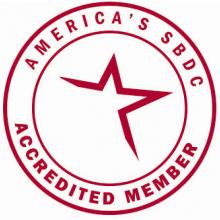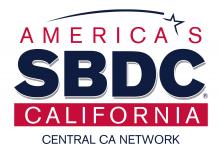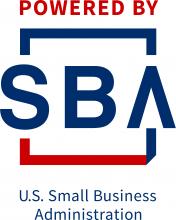But here’s the thing: the people behind the mailers are not from the government and you probably don’t need the paperwork they’re talking about, at least not to complete your registration. At best, you’ll get overcharged. At worst, they could be scammers who steal your money or account information. What can you do to steer clear of these schemes?
Spread the word. The best defense is to be sure everyone at your workplace knows about this scam and how it works. Scammers often target several people in an organization to create confusion. Are you part of a business networking group or service organization? Help your fellow businesspeople and fill them in on these schemes.
Check all invoices closely. Be sure that you have clear procedures to approve expenditures, and that major spending can’t be triggered by an unexpected call, email, or invoice. If you get one of these mailers, you may need to check in with the people on your staff who are responsible for filing legal documents with the state.
Pay attention to how you pay. If someone tells you to pay with a wire transfer, reloadable card, gift card, or bitcoin, you can bet it’s a scam.
If you spot practices like this, we want to hear about it. Tell us at ftc.gov/complaint.





